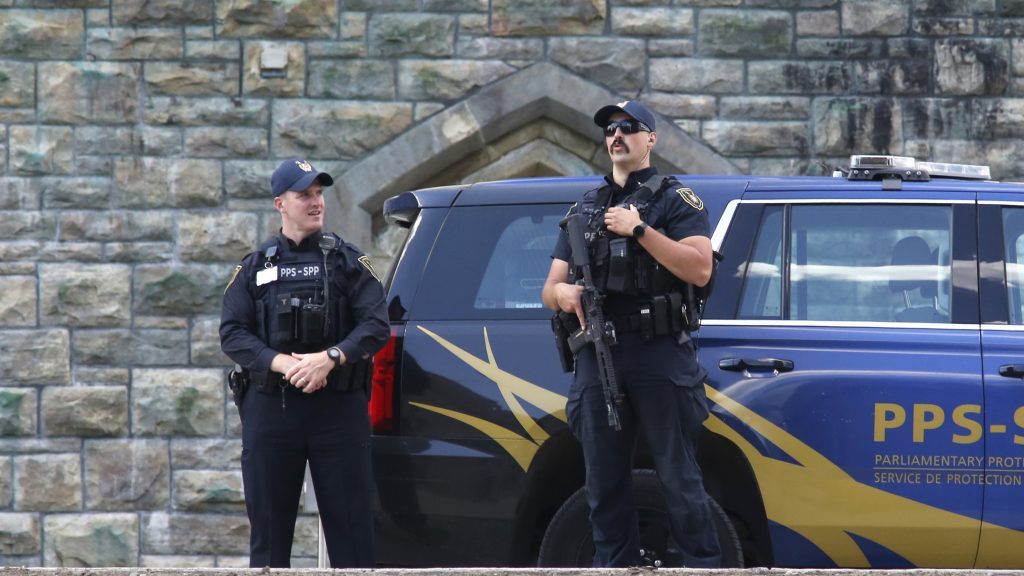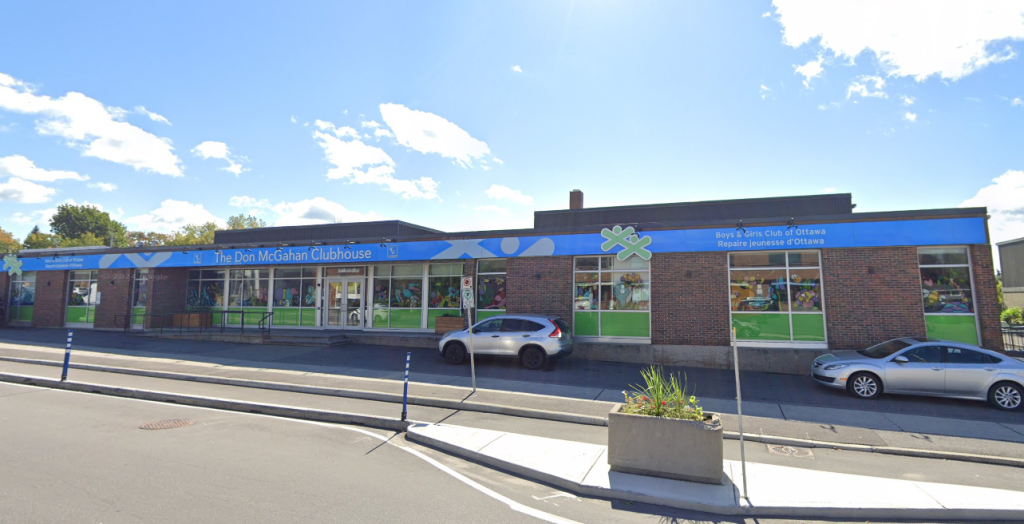‘Freedom Convoy’ organizers discussed playing ‘race card’ with Métis heritage
Posted Jul 9, 2022 03:00:43 PM.
Organizers of the 'Freedom Convoy' discussed using their ties to Métis identity to play the “race card” as part of an overall strategy to control their public image and garner sympathy for their cause, text messages suggest.
The messages between Tamara Lich and Chris Barber, obtained by Ottawa police and entered as evidence by the Crown in Lich’s bail hearing this week, indicate how acutely aware the organizers were of the optics of the protest.
The convoy’s connection to Pat King, who has spread racist conspiracy theories, as well as the appearance of Nazi and Confederate flags in the early days of the protest, prompted accusations that it was sympathetic to white nationalist causes.
While planning the convoy, Lich and Barber appeared aware that racial identity could be raised in criticisms of it. Lich has described herself as Métis, and on Jan. 20, about a week before demonstrators arrived in Ottawa, Barber texted Lich that his wife was Métis as well.
“It’s going to work in our favour,” replied Lich. “Playing the race card works both ways lol.”
That same day, Lich congratulated Barber on his interview on a podcast, describing it as very “PC” — or politically correct — “but also direct.”
Barber said to Lich on Jan. 22 that all of his years of “social media trolling” were going to pay off. “I’ll spin and use it all against them,” he said in reference to those critiquing the convoy.
The protest against COVID-19 restrictions and the Liberal government swarmed the capital’s downtown with large trucks, blocking streets and blaring loud horns for more than three weeks. Protesters also blockaded multiple border crossings. It all prompted the federal government to invoke the Emergencies Act and the police to use force to clear the crowd.
For their role in the protest, Lich and Barber have been charged with mischief, obstructing police, counselling others to commit mischief and intimidation.
Barber remains out on bail, while a justice of the peace ruled Friday that Lich had breached a release condition and revoked her bail.
At Lich’s bail hearing this week, Barber’s lawyer was granted a publication ban on court documents showing his cellphone communications, except for those with Lich.
Diane Magas, counsel for Barber, said the Crown’s submission may lack the full context or intent of the messages, and could be misleading or inaccurately interpreted.
The 4,000-page document filed with the court says it includes all messages — numbering in the thousands — found on Barber’s phone. Dozens are directly between Barber and Lich, not including group chats.
Lich’s lawyer, Lawrence Greenspon, declined to comment on the messages outside court on Friday.
The conversations between the pair appear to illuminate their shifting feelings about King. He is known for boosting the white nationalist “great replacement theory,” predicated on an anxiety that white people are being replaced.
King remains in an Ottawa jail on charges of mischief, intimidation, obstructing police, disobeying a court order, perjury and obstruction of justice.
His lawyer has not yet responded to requests for comment.
On Jan. 22, Lich told Barber they need to have “a very frank discussion” with King, raising concerns about past allegations against him.
Despite these concerns, Lich also said he was needed by the movement — in apparent contrast to later statements in which the convoy tried to distance itself from King.
“We need him and I don’t care about his past but it only takes one,” she said. “We have to control his rhetoric. Not even threatening to throw snowballs at the parliament (sic).”
“I know he’s had issues. I’ve got skeletons in the closet to (sic),” Barber replied.
But a few days later, on Jan. 26, Lich said if King “doesn’t stop now and right now he needs to go home.”
“Honestly I hate to do it. I believe a part of his heart is in this for the right reasons but he will bring down this whole thing.”
On Jan. 29, the day after the convoy arrived in the capital, Barber messaged Lich about an interview King had done.
“I’m concerned he is putting us in a bad light. Is he supposed to speak today?? I’m nervous what he’s gonna say,” he said.
“No. He is not speaking. Period. We have people that will look after him,” said Lich.
A text message from Lich to Barber on Jan. 30 said she had received a call from the “command centre” that had a “strategy to gridlock the city.”
“Can you head over there with me soon,” she asked Barber. “I don’t want to make those decisions on my own.”
During this period, some Conservative MPs cheered the arrival of the convoy, as the party opposed the Trudeau government’s vaccine mandates for federal workers and travellers.
On Jan. 31, Tory MP Marilyn Gladu posted a photo to social media of herself and caucus colleague Candice Bergen at a restaurant with two men Gladu described as “hard-working truckers in Ottawa.”
Erin O’Toole’s reluctance to stake out a clear position on the protest was among the reasons a majority of his caucus ousted him on Feb. 2 and replaced him with Bergen as interim leader.
A couple days later, Lich wrote, “Candace Bergen (sic) wants to meet soon. What (do) you think?”
Barber didn’t directly respond to the question. The next day, Lich expressed enthusiasm for appearing on an American media outlet.
“We must be on Fox at 6:30,” she wrote.
Christopher Martin-Chan, a spokesman for Bergen, said ultimately no meeting took place between convoy representatives and the interim leader.
Conservative MP Glen Motz had been speaking with Lich and was willing to act as liaison to have MPs listen to her concerns. He suggested meetings with Public Safety Minister Marco Mendicino and Transport Minister Omar Alghabra, said Martin-Chan.
Motz confirmed he spoke directly with Lich “in an effort to resolve the ongoing protest,” and tried to facilitate a meeting with the ministers.
“Unfortunately, after several conversations with both ministers, they declined any resolution meeting with the protest organizer,” he said, adding he believes if the Liberal government had taken that meeting, the protest would have been resolved differently.
Alghabra’s office said in a statement that it was not “not appropriate or responsible to Canadians to meet with individuals who blocked our borders, hurt our economy, and terrorized the residents of downtown Ottawa.”
A spokesman for Mendicino echoed those sentiments.
After the ministers declined to meet, Motz said he tried setting up a meeting between Lich and Bergen, which Lich’s legal team declined as “resolution would only be beneficial if it included the government.”
Ottawa police, with help from police forces from across Canada, cleared the protesters out of the capital in a massive operation beginning Feb. 18.
This report by The Canadian Press was first published July 9, 2022.








